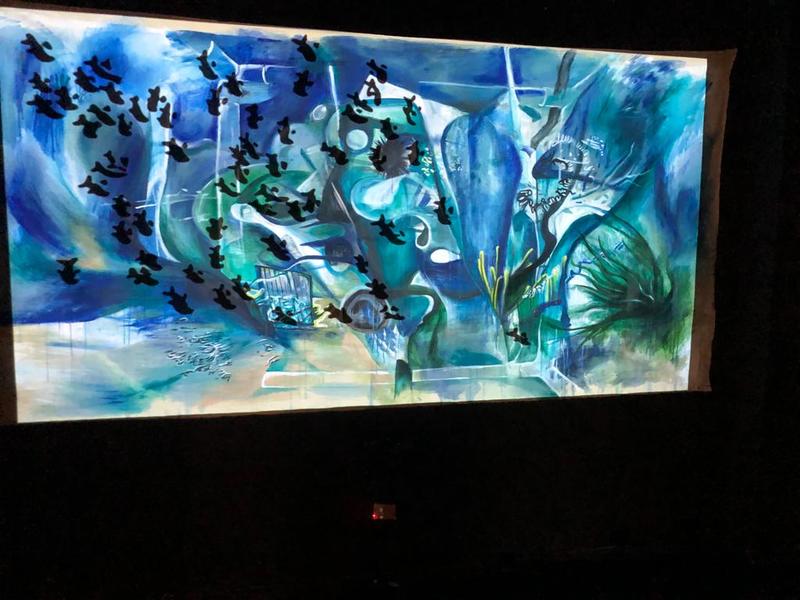Environmental Humanities: Communicating the Climate Crisis
At TORCH, we are committed to creating spaces where people from all disciplines can come together and contribute their insights, and this is particularly relevant when it comes to the environment: the climate crisis is perhaps the greatest threat to humanity in modern times, but the Humanities are often left out of the conversation when it comes to devising solutions to our common problems.
Different disciplines and professions naturally raise specific environmental challenges. Through our Environmental Humanities Research Hub, we create opportunities for people from a variety of backgrounds to work together on understanding complex human questions raised by the climate crisis and devising answers and targeted solutions to them.
Entries to our recent competition for early career researchers to run an Environmental Humanities conference demonstrated the rapid and vibrant growth of this area of study. One of the winning conferences explored deep time, whilst a second imagined a tree-centric perspective on the world. The conferences attracted a wide range of participants and proved fertile ground for new ideas, with a combined total of 780 attendees over 14 panels.
DPhil student Susannah Bain said that:
TORCH’s support for our Uprooting the Anthropocene conference was invaluable. It helped us organise an event that was radically interdisciplinary and wide-reaching in its outlook. TORCH funding allowed us to pay creatives involved in the event, rewarding them for their incredible work and allowing us to include a greater variety of voices and kinds of contribution than we could have done otherwise. Equally, the technical support and social media coverage provided by TORCH helped our conference gain exposure. We ended up with participants from across the world, from Colombia to New York to Nepal, and from a wide range of disciplines. I hope to be able to work with them again in the future!
Environmental Humanities work proliferates across TORCH: one of our major funding streams is the New Network Scheme, which currently supports the Climate Crisis Thinking in the Humanities and Social Sciences Network and the Art, Biodiversity and Climate Network. Both seek to imagine the climate crisis from new perspectives. For example, the Climate Crisis Thinking Network investigates how the Humanities and Social Sciences can work together as producers of climate-related knowledge and inform societal ways of thinking about climate change.
In the spirit of developing collaborative and international conversations, we recently hosted the creators of a memorial to a fallen glacier to discuss their work on climate communication. Professor Cymene Howe described their mission ‘to find [the glacier’s] story and then be able to tell its story in a compelling way to a larger audience than we believed was possible with yet another academic article’. Their poetic memorial to the glacier had clear resonance, garnering significant global press coverage and demonstrating how drawing on Humanities skillsets to communicate climate change can make the conversation more accessible and comprehensible.
Through Wind and Ice: Communicating the Climate Crisis
https://www.youtube.com/embed/Q-GkWfB2gIkCollaborations between artists and academics are also at the heart of our Art, Biodiversity and Climate network. The network commissioned eight artists to work with science labs and create an exhibition marking COP26, with the artworks reflecting a number of ways to tell the story of climate change and to imagine our future.
Human/Habitat - Antonia Jameson

In a recent TORCH conversation about theatre and the environment, theatre director Katie Mitchell suggested that theatre can help develop 'a believing relationship to the facts'. The role of the Humanities in the climate crisis can be seen as something similar: navigating our relationship to the scientific facts of our situation, our belief in them, our understanding of them, and our decisions about how we respond.
TORCH’s interdisciplinary and collaborative approach therefore makes it perfectly situated to address the climate crisis, a situation which requires the understanding and commitment of all kinds of people if it is to be addressed.
If you would like to support TORCH, including our work in the Environmental Humanities:



